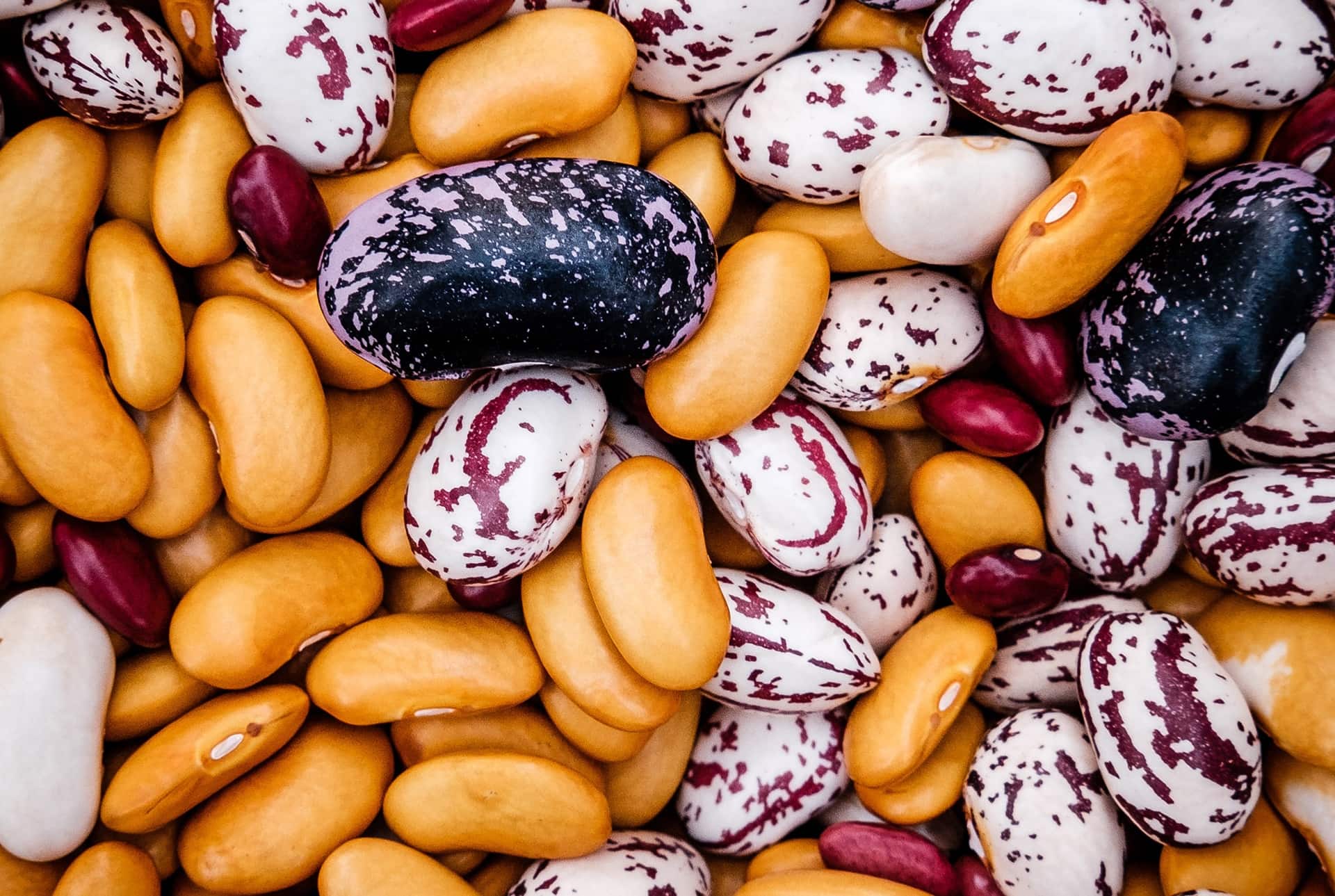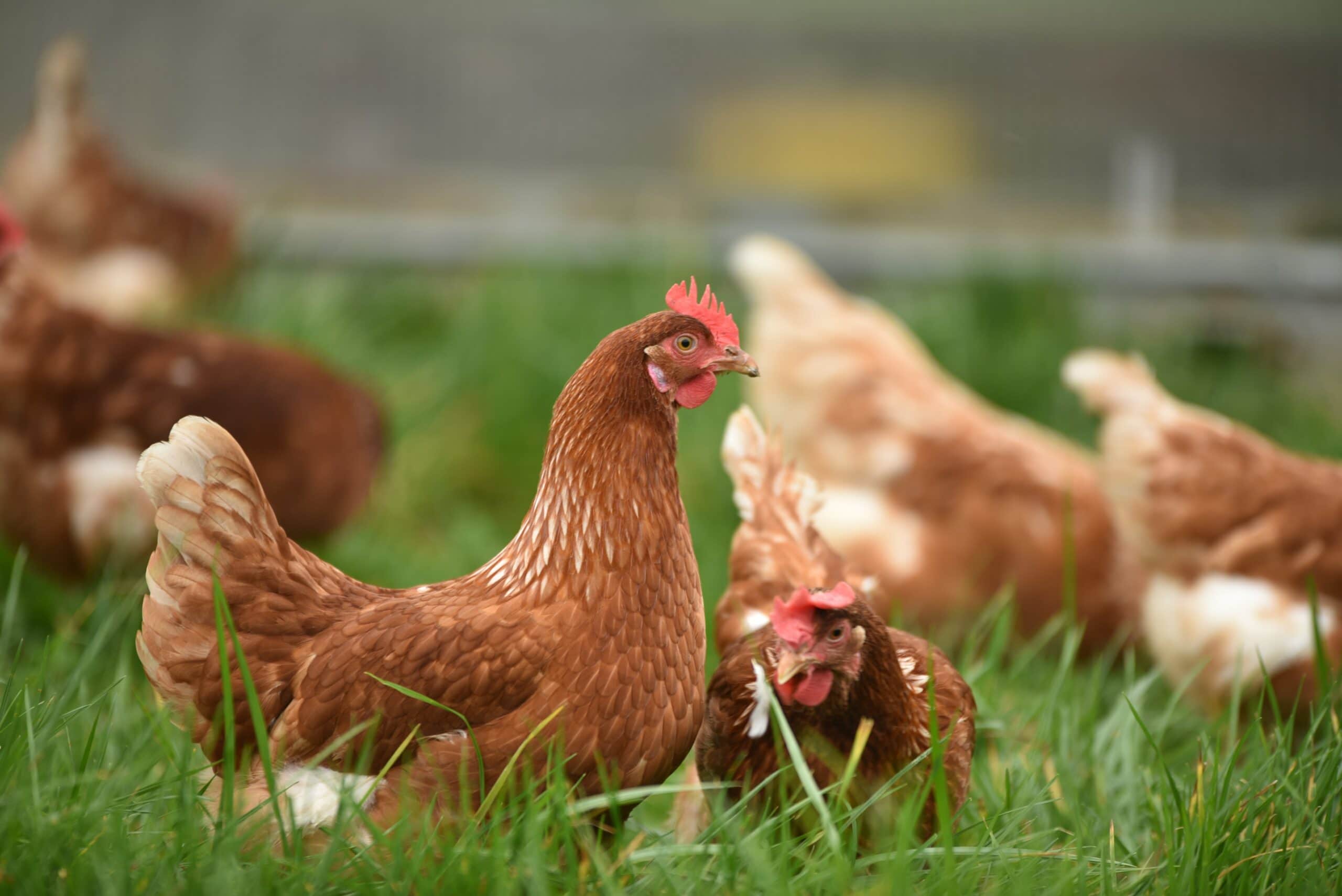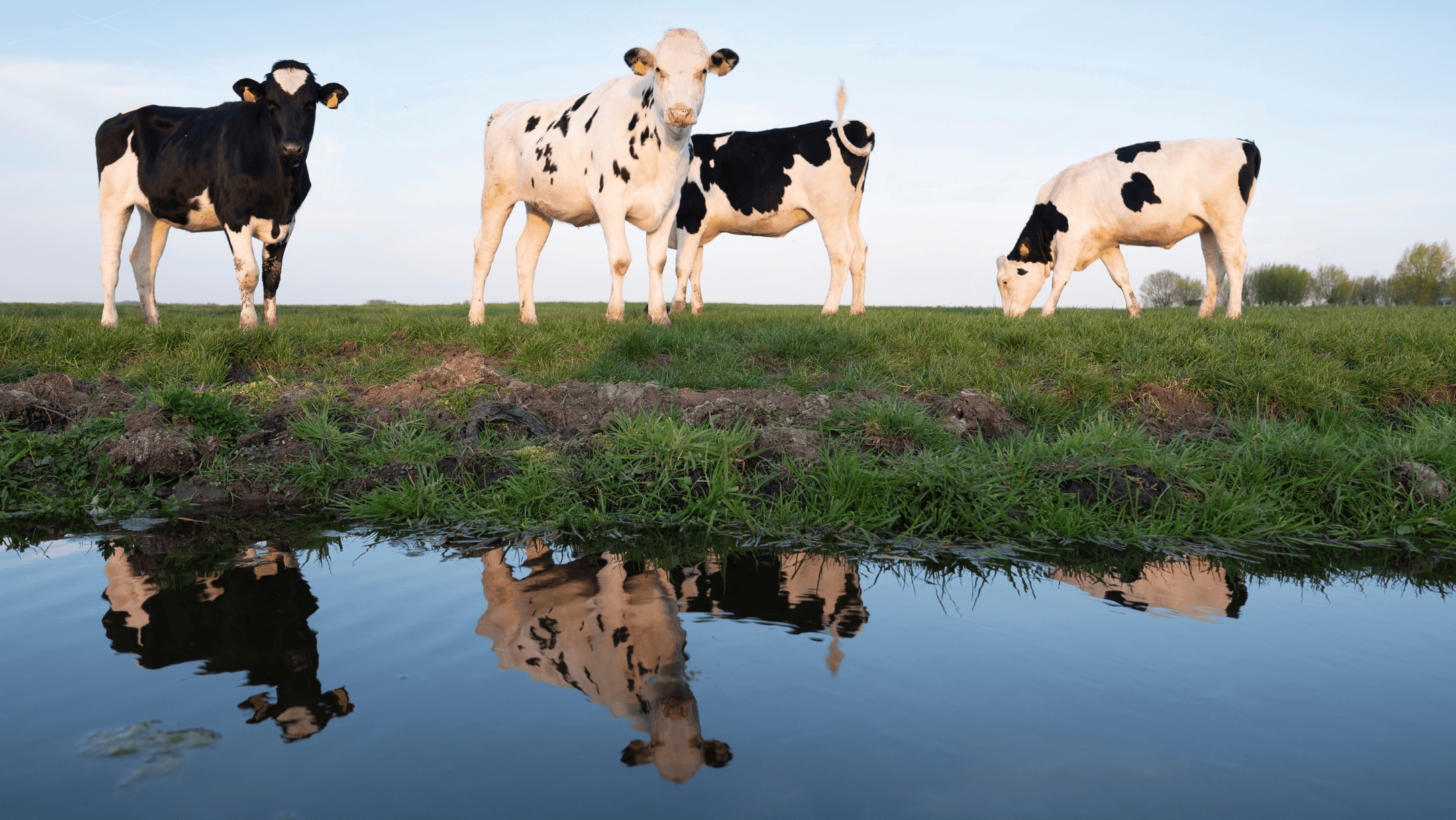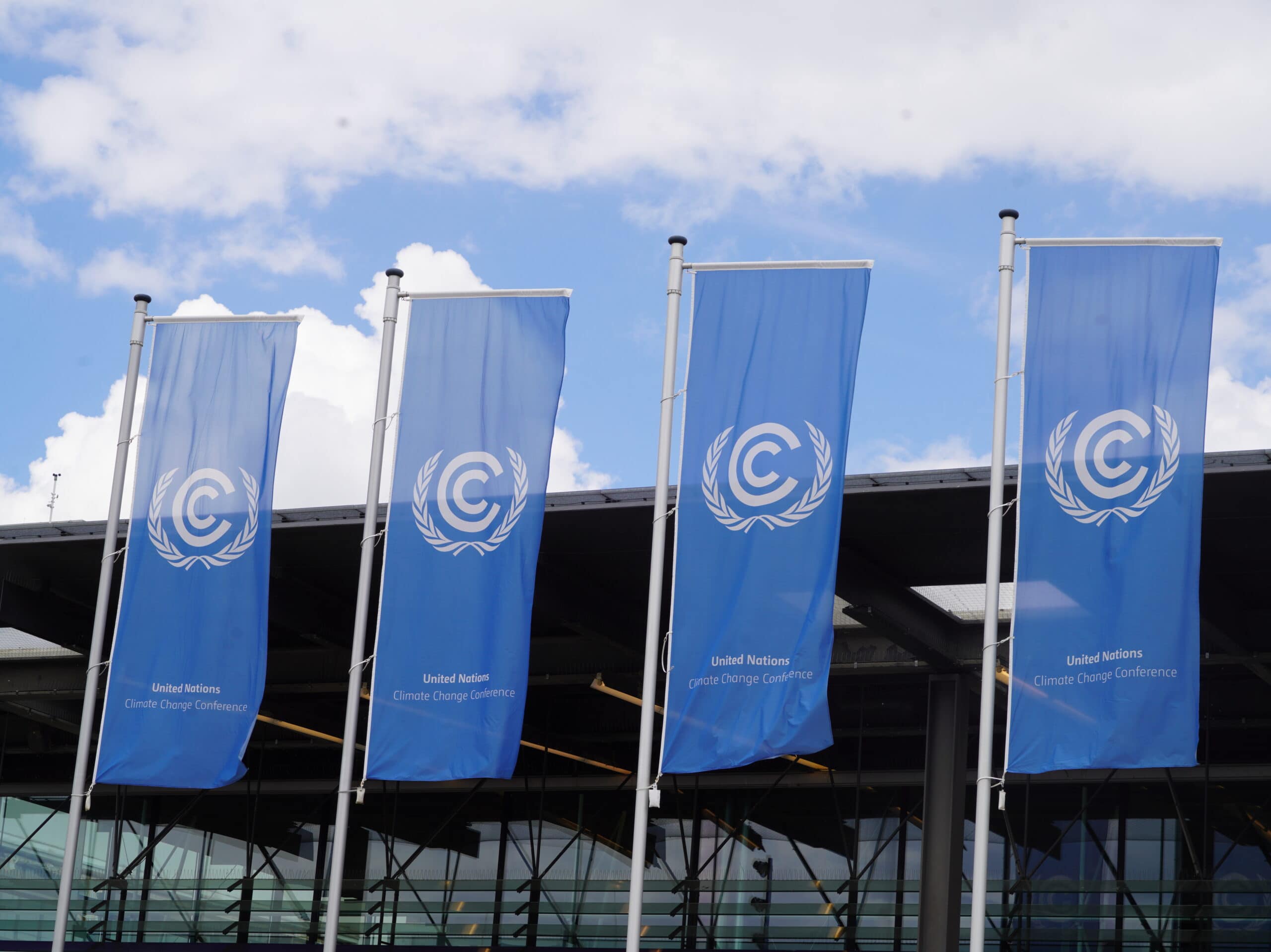Together with 154 other NGOs, the World Federation for Animals co-signed ProVeg’s joint letter to the President of the UN Environment Assembly (UNEA) and Executive Director of the UN Environment Programme (UNEP) urging them to take a stronger lead in promoting sustainable and healthy food systems.
Building a sustainable food system is unfortunately missing on the agenda of UNEA-5.2, taking place from 28 February – 2 March 2022 in Nairobi. We believe UNEP should promote less resource-intensive diets and advocate for a shift towards more sustainable agriculture practices.
We have asked UNEP
1) to establish an action plan enabling an end to industrial animal agriculture in regions with an excessive dependency on animal-based protein and accelerate a shift towards plant-sourced proteins diets in the climate and environment discussions; and
2) to encourage governments, especially in the Global North, to update their NDCs and climate-mitigation strategies at the upcoming UNFCCC to include food systems and the dietary shift towards increased consumption of plant-based proteins.
UNEP should be the forum for connecting food systems and global environmental challenges. UNEP’s Making Peace with Nature already recognized that “Changing the dietary habits of consumers in developed countries by reducing the demand for animal products would improve human health and reduce the pressure on land, water, biodiversity, and the climate system.”
It is time for UNEP to acknowledge the links between factory farms, environmental destruction, and the increased risks of zoonotic outbreaks.
– Livestock contributes to nearly 20% of global greenhouse gas emissions and industrial animal agriculture is responsible for almost a third of global methane emissions, and is one of the leading causes of deforestation, primarily through the production of animal feed and beef.
– Moreover, the transformation of food systems is also crucial to the prevention of future pandemics and the increasing demand in animal-sourced proteins is a key driver in the emergence of zoonotic diseases and antibiotic resistance. A UNEP/ILRI report on preventing the next pandemic refers to the need to radically transform food systems. The report identified seven drivers of pandemics, the first two being 1) increasing human demand for animal protein and 2) unsustainable agricultural intensification. “Pandemic such as the COVID-19 outbreak are a predictable and predicted outcome of how people source and grow food, trade and consume animals, and alter the environment”, highlights the UNEP/ILRI report on preventing the next pandemic.

We regret that UNEA-5.2 does not cover food systems and we hope UNEA-6 will take more ambitious action and fill this critical gap. This concern is shared by civil society, as stressed in the Global Major Group and Stakeholder Forum’s (GMGSF) Joint Statement that “it is bitterly disappointing that there is not even one resolution addressing the massively critical issue of sustainable food systems. Unsustainable agriculture, in particular industrial animal agriculture and the production of feedstock, destroys forests and biodiversity, squanders water, contributes significantly to pollution and releases one quarter of global greenhouse gas emissions. National strategies for addressing climate change, biodiversity loss and environmental degradations regularly pay scant attention to food and agricultural issues, despite their importance as root causes and drivers of these crises – as highlighted in many UN flagship reports. Sustainable agriculture is and can be an asset in mitigating climate change and reducing environmental pressures.”
We urgently need measures to transform the food system and ensure dietary change towards higher consumption of plant-sourced proteins and a reduction in the consumption of animal-sourced proteins. We need to move away from the dominant industrial model and towards regenerative agriculture. UNEP is a key forum to push for ambitious policies to initiate the immediate transition. This will benefit food security, food safety, and public health while lowering environmental impacts and improving animal welfare.
Photos: Gabriel Jimenez & Ivan Dostál





